Originally posted 2 April 2025 – European defence ETFs: balancing strategic resilience and responsible investment
Authored by: Kate Donegan, Associate Director, Product Legal and ESG
Key Takeaways
- Leading European defence companies are recording significant gains, reflecting growing confidence in the sector’s long-term potential.
- Defence is redefining investors’ views on ethical investing. However, a jurisdiction-aware approach is key to navigating restrictions around controversial weapons and sanctions for all investors.
- The rise of Europe-focused defence ETFs enables targeted exposure to companies aligned with Europe’s strict ESG standards and strategic resilience.
In today’s uncertain geopolitical environment, Europe is ramping up investment in defence capabilities, driven by both necessity and a renewed commitment to collective security.
Defence spending across Europe has seen close to a decade of growth reaching €326 billion in 2024 and is projected to increase by at least another €100 billion by 20271.
To further strengthen its defence capabilities, the European Commission has unveiled an €800 billion financing plan2, including a €150 billion loan3 instrument targeting key defence technologies. As part of this push, the European Investment Bank (EIB) has expanded lending for defence projects, reinforcing a “Member State preference” approach by excluding non-EU defence companies from third countries unless their home countries sign defence and security pacts with Brussels.
The EIB’s proposed fund for EU-only defence companies signals a significant policy shift toward reducing reliance on traditional partners and strengthening strategic autonomy. While the effects of limiting funding to EU firms are still uncertain, growing defence needs across the continent make broad European collaboration more important than ever.
The surge in European capital allocation to the defence sector has not gone unnoticed by investors. Leading European defence companies recorded significant gains last month4, reflecting growing confidence in the sector’s long-term potential. This momentum reflects a broader recognition that defence investment is a critical pillar of European security and economic resilience.
Evolving perspectives on defence and ESG
Once considered as incompatible with ESG5, defence is now emerging as a dynamic sector and is reshaping the conversation around what ethical investment truly means.
The European Commission itself has acknowledged this shift, noting in its recent policy paper that “investing in European defence means investing in lasting peace and long-term stability… but also boosting technological innovation, supporting European competitiveness, promoting regional development, and powering economic growth”6.
Yet, this evolution is not without its challenges for the investment industry.
Constructing defence-focused portfolios demands careful navigation, particularly around the geopolitical implications and ethical sensitivities tied to controversial weapons.
In Europe, several competent authorities have introduced restrictions that directly impact defence-related investments. For example, Italy’s Law No. 220 of 9 December 2021 enforces obligations under the Ottawa and Oslo Conventions and mandates that financial institutions operating in the banking, pension, insurance and financial sectors prohibit the financing of companies involved in antipersonnel mines, cluster munitions and submunitions. Luxembourg’s 2009 law implementing the Oslo Convention similarly prohibits investment in in manufacturers of banned munitions. Other Member States have enacted comparable legal frameworks, reinforcing the growing consensus around limiting exposure to such assets across the continent.
These regulatory shifts are particularly important for investment funds with broad geographic exposure, especially those allocating to NATO and NATO+ companies which may not impose explicit bans on controversial weapons. Hanwha Aerospace Co., Ltd, for example, appears on the Nummus list of excluded issuers7 which serves as a key reference for identifying issuers that violate Italy’s Law 220/2021 and yet is still part of some UCITS defence-focused exchanged-traded funds (ETFs) currently in the market.
Sanctions risk is another critical factor for defence investors. Turkey is the only NATO member currently subject to targeted US sanctions under the Countering America’s Adversaries Through Sanctions Act (CAATSA). These measures were introduced in response to Turkey’s purchase of Russian S-400 missile systems and serve as a reminder of the potential for jurisdictional challenges in certain defence-related investments.
For investors in the defence sector, avoiding reputational and regulatory risk means going beyond broad exposure and taking a targeted, jurisdiction-aware approach.
European defence companies not only offer strategic and potential financial advantages but also present a compelling opportunity for investors to support peace, stability, and democratic resilience, values at the core of sustainable investing.
Defence as a responsible investment consideration
European defence companies operate under some of the world’s most stringent regulatory frameworks, including ethical business practices and ESG standards. Additionally, these companies operate within jurisdictions that are signatories to the Treaty on the Non-Proliferation of Nuclear Weapons (NPT), ensuring alignment with global arms control standards.
The ESG performance and business activities of the continent’s top defence companies are publicly available and can be independently verified via third-party sources such as the MSCI ESG Ratings tool8 which offers investors additional transparency and confidence in assessing a portfolio’s alignment with ESG criteria.
According to the MSCI database, Sweden’s Saab AB and UK’s BAE Systems hold an AA MSCI ESG Rating, placing it in MSCI’s “Leader” category. This reflects strong performance in managing ESG risks and opportunities relative to global industry peers. Notably, both companies are assessed as having no involvement in controversial weapons, such as cluster munitions, landmines, or biological/chemical weapons banned under international conventions. This classification is consistent across their peers such as Italy’s Leonardo SpA and Germany’s Rheinmetall AG which are rated slightly lower but still above average and similarly listed as having no involvement in controversial weapons banned by international law.
Tools like MSCI ESG Ratings provide investors with greater transparency and confidence when assessing a portfolio’s alignment with ESG criteria and allow investors to evaluate a company’s involvement in specific business activities, including the production of controversial weapons.
Moreover, the EU’s commitment to building defence sovereignty ensures that capital is increasingly directed toward companies operating under strict governance and compliance standards. This not only excludes firms from restricted jurisdictions but also strengthens the competitive position of European defence companies by granting them preferred access to an increasingly protected internal market.
European defence ETFs: a thoughtful route to defence investment
Historically, defence investment has focused on NATO and allied industries, often favouring US defence stocks. This was partly due to underinvestment by many European members that historically fell short of NATO’s 2% GDP9 defence spending target. However, this is changing. As of 2024, average EU defence spending reached approximately 1.9% of Member State GDP10, with Germany meeting the 2% target last year11.
In continuing this momentum, the European Parliament in a recent Think Tank12 highlighted the critical role of private investment in fortifying Europe’s defence industry, particularly as funding gaps widen and security challenges evolve.
The introduction of European-focused defence ETFs marks a significant step in aligning capital markets with Europe’s evolving security landscape. These ETFs help channel investment into the region’s defence sector while offering investors a way to support resilience and strategic autonomy without compromising on responsible investing principles. By bridging public and private funding, these ETFs play a key role in directing much-needed capital toward Europe’s security priorities, while adhering to ESG and regulatory standards.
In a sign of growing policy support for strengthening Europe’s defence capabilities, the French financial regulator (AMF) has introduced a fast-track authorisation process for investment funds targeting companies within the Defence Technological and Industrial Base (DTIB)13.
This initiative may signal the start of broader efforts by European supervisory bodies to reduce red tape and facilitate capital flows into the defence sector. By easing access to defence investment, policymakers can help strike a balance between enabling capital formation and staying aligned with European values and commitments.
With strict public sector backing, robust regulatory and compliance standards and a clear commitment to ethical defence practices, European defence companies provide the most ESG-aligned investment approach in the sector.
As security and sustainability become increasingly interdependent priorities, European-focused defence ETFs offer investors access to companies that align with both responsible governance and strategic resilience.
1 https://www.europarl.europa.eu/RegData/etudes/ATAG/2025/765790/EPRS_ATA(2025)765790_EN.pdf
2 https://defence-industry-space.ec.europa.eu/document/download/30b50d2c-49aa-4250-9ca6-27a0347cf009_en?filename=White%20Paper.pdf
3 https://ec.europa.eu/commission/presscorner/detail/sv/statement_25_673
4 https://www.reuters.com/markets/europe/european-stocks-climb-defense-boost-2025-02-17/
5 Environmental, social, and governance.
6 https://commission.europa.eu/topics/defence/future-european-defence_en#:~:text=Investing%20in%20European%20defence%20means,development%20and%20powering%20economic%20growth
7 https://nummus.info/en/esg-risk/italian-law-220-2021/
8 https://www.msci.com/our-solutions/esg-investing/esg-ratings-climate-search-tool
9 GDP = gross domestic product.
10 https://www.consilium.europa.eu/en/policies/defence-numbers/
11 https://www.reuters.com/world/europe/germany-met-nato-2-defence-spending-target-2024-sources-say-2025-01-20/
12 https://www.europarl.europa.eu/RegData/etudes/ATAG/2025/765790/EPRS_ATA(2025)765790_EN.pdf
13 https://www.amf-france.org/en/news-publications/news-releases/amf-news-releases/amf-introduces-fast-track-approval-procedure-defence-investment-funds
Disclosure: WisdomTree Europe
This material is prepared by WisdomTree and its affiliates and is not intended to be relied upon as a forecast, research or investment advice, and is not a recommendation, offer or solicitation to buy or sell any securities or to adopt any investment strategy. The opinions expressed are as of the date of production and may change as subsequent conditions vary. The information and opinions contained in this material are derived from proprietary and non-proprietary sources. As such, no warranty of accuracy or reliability is given and no responsibility arising in any other way for errors and omissions (including responsibility to any person by reason of negligence) is accepted by WisdomTree, nor any affiliate, nor any of their officers, employees or agents. Reliance upon information in this material is at the sole discretion of the reader. Past performance is not a reliable indicator of future performance.
Please click here for our full disclaimer.
Jurisdictions in the European Economic Area (“EEA”): This content has been provided by WisdomTree Ireland Limited, which is authorised and regulated by the Central Bank of Ireland.
Jurisdictions outside of the EEA: This content has been provided by WisdomTree UK Limited, which is authorised and regulated by the United Kingdom Financial Conduct Authority.
Disclosure: Interactive Brokers Third Party
Information posted on IBKR Campus that is provided by third-parties does NOT constitute a recommendation that you should contract for the services of that third party. Third-party participants who contribute to IBKR Campus are independent of Interactive Brokers and Interactive Brokers does not make any representations or warranties concerning the services offered, their past or future performance, or the accuracy of the information provided by the third party. Past performance is no guarantee of future results.
This material is from WisdomTree Europe and is being posted with its permission. The views expressed in this material are solely those of the author and/or WisdomTree Europe and Interactive Brokers is not endorsing or recommending any investment or trading discussed in the material. This material is not and should not be construed as an offer to buy or sell any security. It should not be construed as research or investment advice or a recommendation to buy, sell or hold any security or commodity. This material does not and is not intended to take into account the particular financial conditions, investment objectives or requirements of individual customers. Before acting on this material, you should consider whether it is suitable for your particular circumstances and, as necessary, seek professional advice.
Disclosure: ETFs
Any discussion or mention of an ETF is not to be construed as recommendation, promotion or solicitation. All investors should review and consider associated investment risks, charges and expenses of the investment company or fund prior to investing. Before acting on this material, you should consider whether it is suitable for your particular circumstances and, as necessary, seek professional advice.
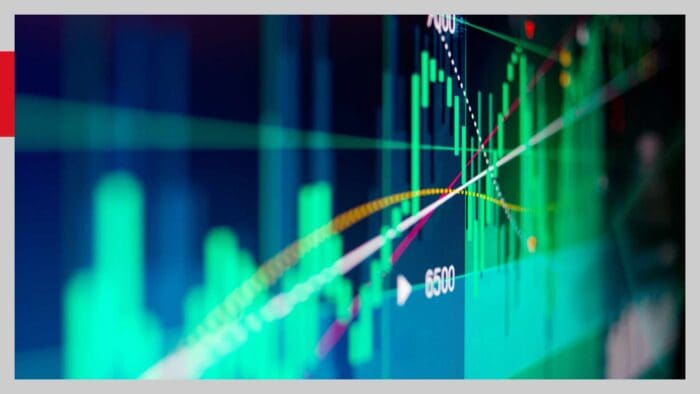



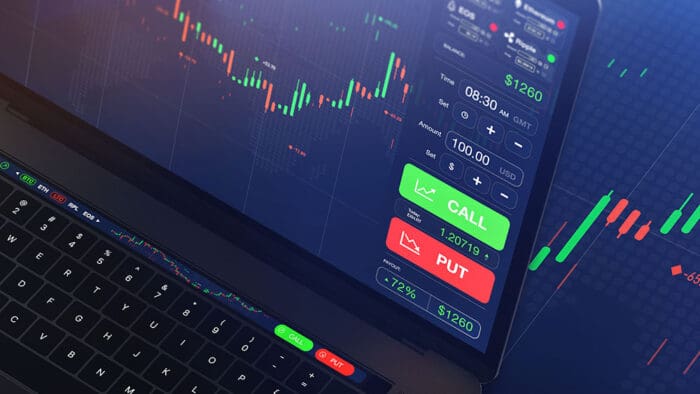

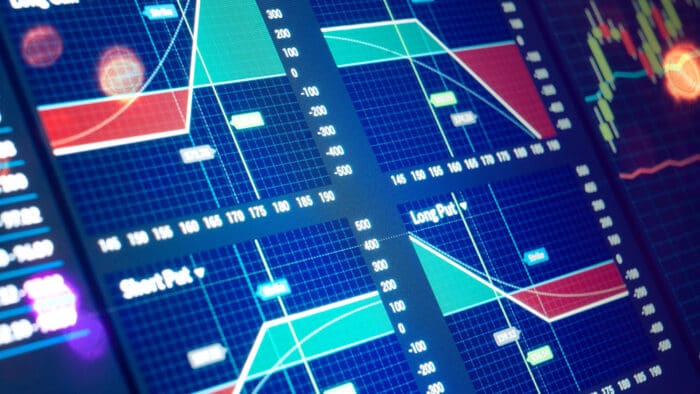
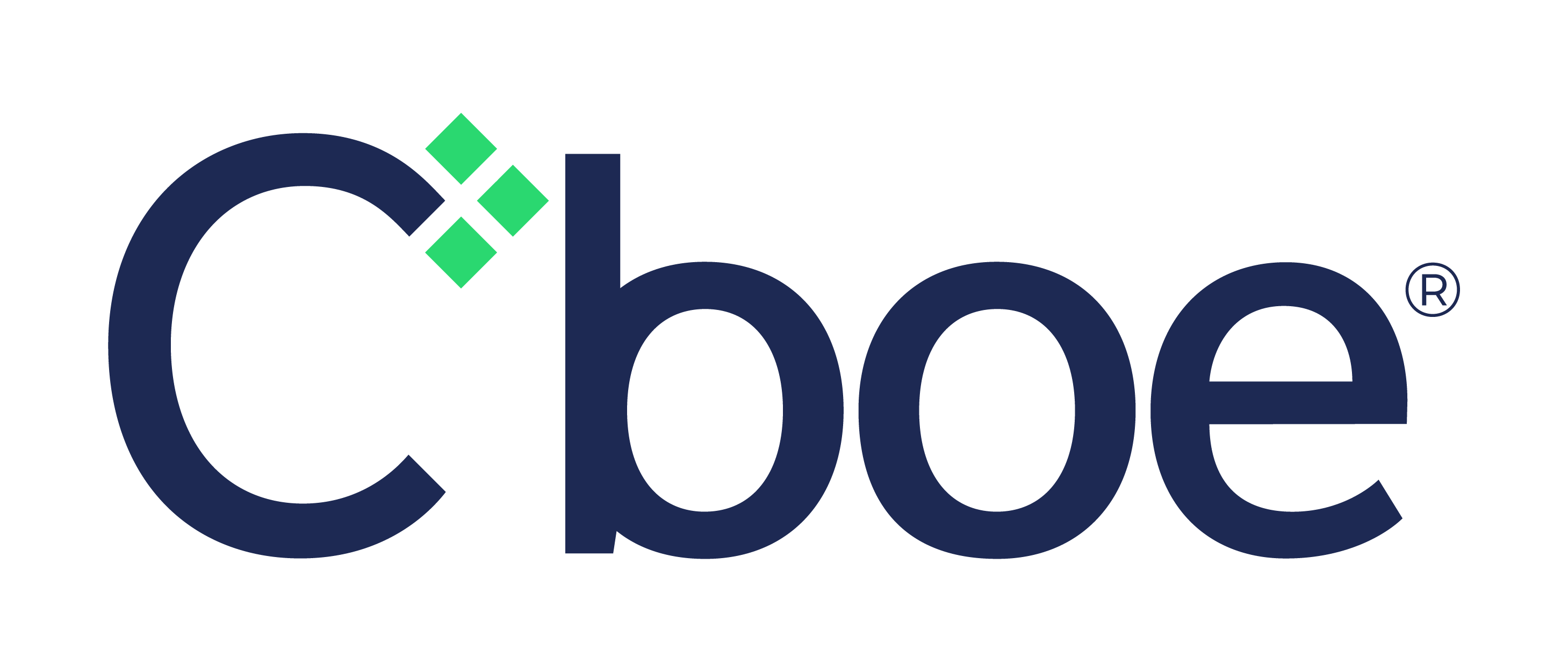
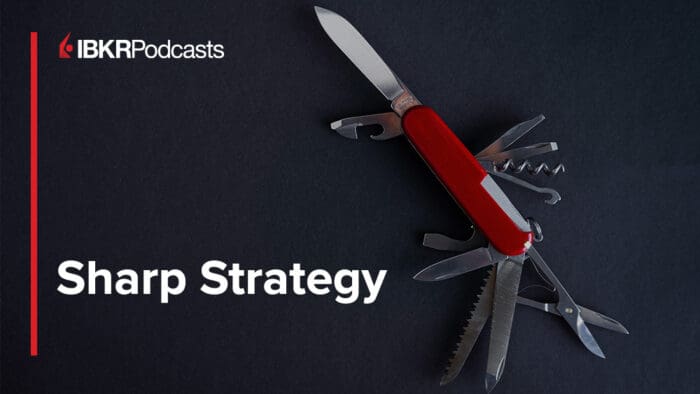
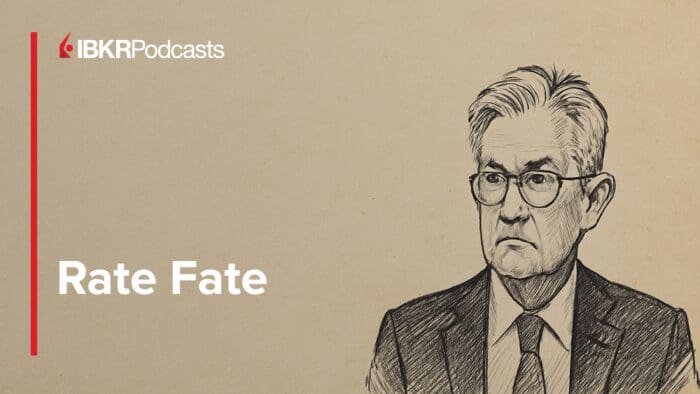
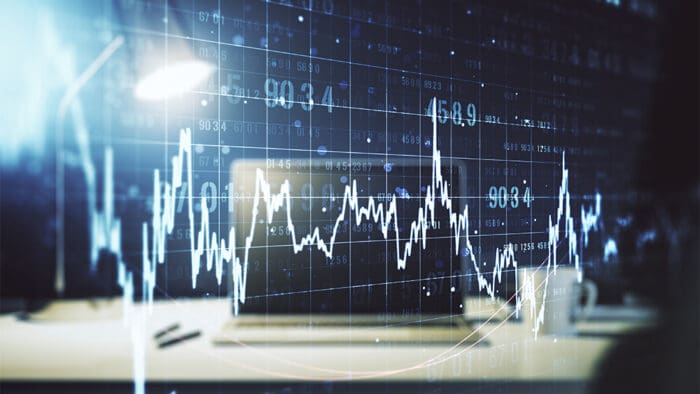








Join The Conversation
If you have a general question, it may already be covered in our FAQs page. go to: IBKR Ireland FAQs or IBKR U.K. FAQs. If you have an account-specific question or concern, please reach out to Client Services: IBKR Ireland or IBKR U.K..
Visit IBKR U.K. Open an IBKR U.K. Account